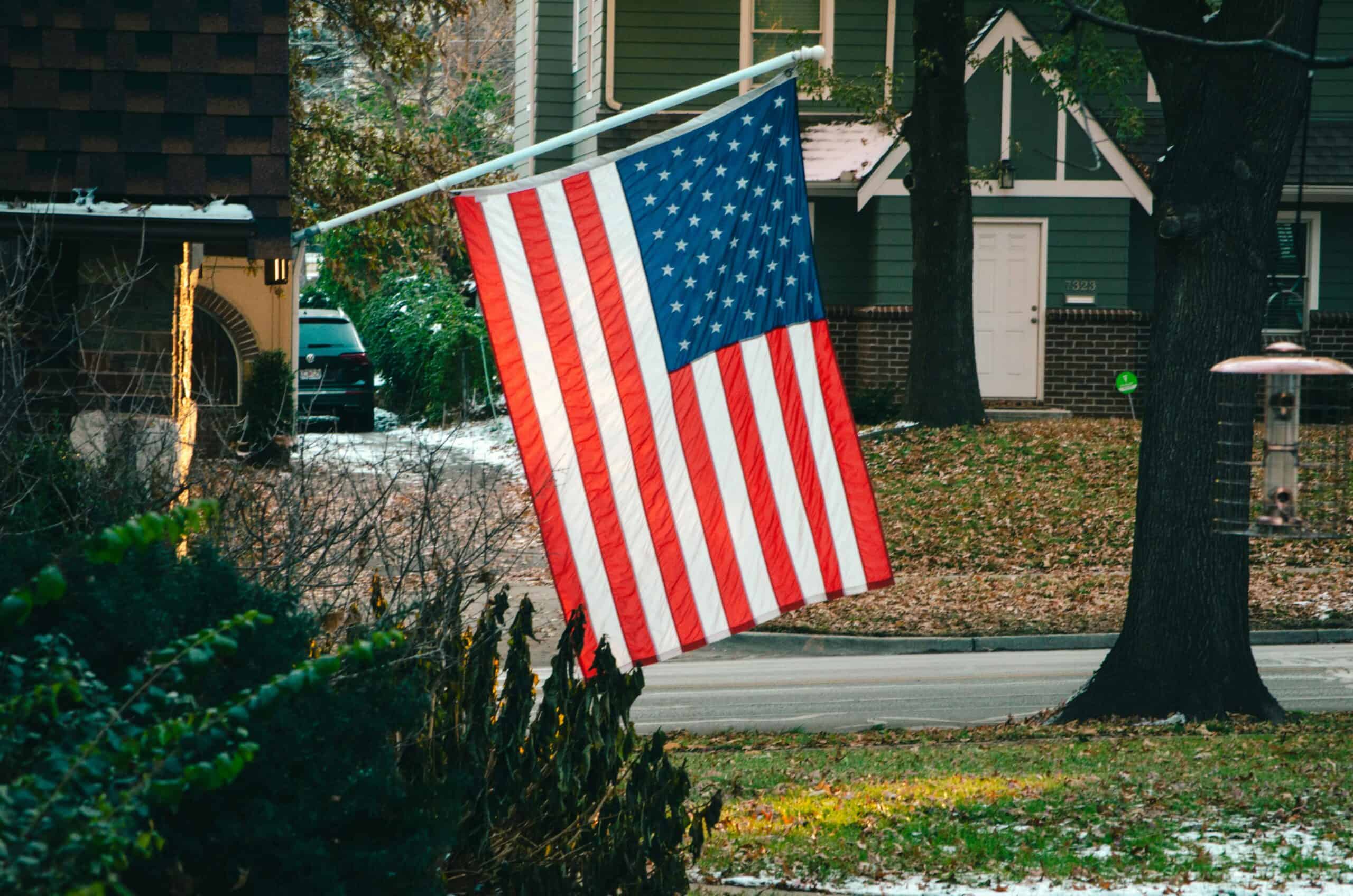The global international education sector is responding to the news that Donald Trump will return to the White House, after his win over Kamala Harris in the 2024 US presidential election.
Fanta Aw, president and CEO of NAFSA sent a powerful message to the community in light of the result, offering words of encouragement and emphasising the collective strength moving forward.
“Waking up to a new day, and America has spoken. The work of international education has never been more important. It is the bridge that unites us, ensuring a future where we are part of the world – not apart from it,” said Aw.
“The mission, work, and values have not changed. Now, more than ever, we must redouble our efforts. Together, we must build a present and future where mutual understanding, respect, shared humanity, connection, and global citizenship thrive.”
For Stephen Robinson, director of Champlain College’s Dublin campus, “what the world – especially the US – needs now is more study abroad”.
“More cultural exploration, more global experience, more language learning, more getting out of your comfort zone, more attention to climate action and the environment, more seeing how others live, work, study, socialise, and play. An opening of the mind and soul.
“Less isolationism, less protectionism, less comfort, less of doing things we’ve always done, less big business, less wanton consumption, less toxicity, and less hubris.”
According to Robinson, there is the worry that, with the Republican party back in office, US institutions, especially those state-funded, may face more regulation and barriers that could impact US outbound students.
“Federal funding for programming abroad may not be as forthcoming,” he suggested.
“Language acquisition programs are already struggling in the US and may struggle more under a Trump administration. While that may not impact English-speaking Ireland, it may have a significant impact on language-based programs in countries such as France, Spain, or Germany.
“Irish universities and programs have always been welcoming of US students. Our policies are apolitical and the benefits of study abroad on students and the wider communities have been well documented.
“One student commented to me today about how it took leaving America to study abroad in Ireland for them to realise what a bubble they inhabit in the US, especially in relation to the political and social systems.”
Together, we must build a present and future where mutual understanding, respect, shared humanity, connection, and global citizenship thrive
Fanta Aw, NAFSA
For Robinson, it is this “enhanced worldview” that makes up so much of the impact of studying abroad.
Meanwhile, stakeholders in Australia have expressed concerns about the potential consequences of escalating US-China trade tensions, anticipated under a second Trump administration, and some worry these tensions could significantly impact Australia’s higher education sector.
Ravi Lochan Singh, managing director of Global Reach, commented: “Trump has suggested a 60% tariff on Chinese imports that could spark a trade war globally and Australia will have to side with US.
“Given China is our largest trading partner, Australia will have a tight rope to walk on. Just the rhetoric that is against China last time led to an impact on the international education sector and an increased focus on South Asia,” said Singh.
“Now, we have caps where the G8 – that are heavily reliant on China – may have to switch gears quickly.”
Many stakeholders have quickly recalled Trump’s unexpected pledge from June, in which he promised to grant green cards to all overseas graduates of US colleges should he return to power.
Musing on what this could mean for Indian students, Manisha Zaveri, managing director at education agency Career Mosaic, commented on LinkedIn: “If Trump follows through on his green card pledge, the US could become even more attractive to Indian students.
As president, Trump had previously proposed changes to OPT, as well as H1B visa work program, moves largely condemned by the sector.
“The international education industry is cautious; any restrictions on H-1B or OPT could redirect student flows to other countries… For Indian students, Trump’s policies will be pivotal in shaping the US as a top educational destination,” continued Zaveri.
In Germany, leaders in academic exchange remain hopeful for relations between the countries.
DAAD President Joybrato Mukherjee commented: “The citizens of the US have voted and given Donald Trump a second term in office. Over the next four years, it will be important to consistently expand and intensify exchange and academic relations between Germany and the US.
“The US is and will remain one of the most important partner countries in academic exchange and scientific cooperation. Even though we may be facing challenging times in transatlantic relations in terms of foreign policy, it is important to emphasise that the universities in the US will remain very strong and independent partners for us.”

